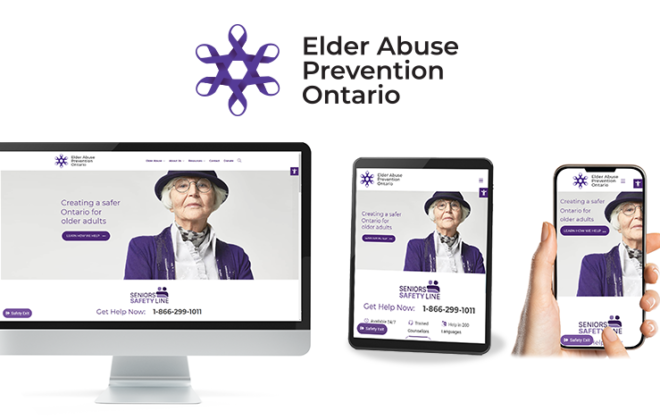The Grandparent Scam: How to Catch the Fraud
The so-called “Grandparent Scam” is becoming increasingly prevalent in the world of fraudsters. It has been covered in media more frequently in the last few years as the pandemic has emboldened scammers to prey on Canadians online and over the phone. In recognition of Fraud Prevention Month in March, let’s take a quick dive into what the scam entails and how older adults can protect themselves from this fraud.
The Grandparent Scam usually unfolds in a predictable pattern. First, the scammer will contact an older Canadian via telephone and pretend to be their grandchild. They will rarely use a specific name and the call usually starts with “Grandma, do you know who this is?”, thereby giving the grandparent the opportunity to respond with their grandchild’s actual name and giving validity to the person on the line. The scammer will typically say that they are in trouble and urgently need money transferred to resolve their emergency. They could give several excuses; they are stuck in a foreign country and need help getting back home or they have suffered an accident and need money to get their car fixed – anything that requires an immediate money transfer. Further, the “grandchild” usually expresses the need to hide this from their parents, the grandparent obeys which results in no one knowing about the transaction.
It is important for any older Canadian who has encountered this scam to know that it is not in any way their fault. Scammers are becoming more sophisticated and bolder in their approaches, having done a fair amount of research into their intended targets.
Here are five tips to help protect yourself
- Never disclose personal information over the phone, even if you believe you are speaking with a family member
- Always push for the caller to provide you with further details about their incident. That can often spark red flags throughout the conversation
- Ask the caller personal information only your grandchild would know
- Always verify the validity of the caller’s story through a parent or other family member
- Never send money electronically if you are unsure of the story being told to you and if you feel immediate pressure
Banks in Canada are dedicated to helping protect their customers from financial fraud. The banking sector is not only coordinated in sharing information on a range of ever-evolving scams, but also works closely with law enforcement across the country to help prevent and minimize the impact of fraud.
If a bank customer thinks she or he may be a victim of a scam or fraud, it is important that they contact the police immediately, report it to the Canadian Anti-Fraud Centre, and notify their financial institution.
Indeed, bank staff are aware of different fraud types and tactics, including the Grandparent Scam, and are trained to ask probing questions if a customer makes an unusual transaction. It is important to note, however, that financial institutions may not be able to retrieve the money once it has been wired to another party. That’s why it is important to catch the red flags of a scam before going through with the transaction.
Recommended Webinar: Avoiding the TRAPS of Frauds and Scams
The Canadian Bankers Association (CBA) and its member banks actively share fraud prevention information throughout the year to help raise awareness and provide actionable tips on how customers can detect and prevent a broad range of scams.
Further, the CBA dedicates a significant portion of its Your Money Seniors financial literacy program to fraud prevention, providing information on various types of frauds, recommendations on how to protect yourself and where to get help.
For more information on how to book a free, non-commercial seminar in your community, visit: https://cba.ca/about-your-money-seniors.
Original Author: the Canadian Bankers Association





